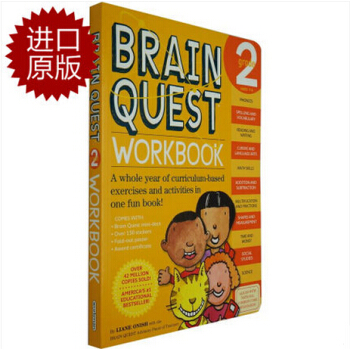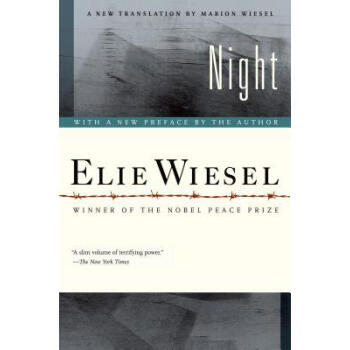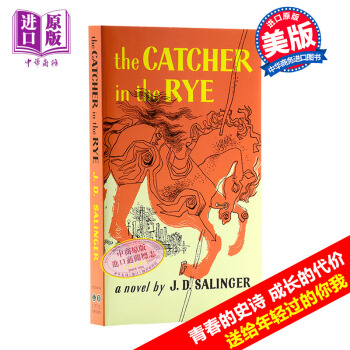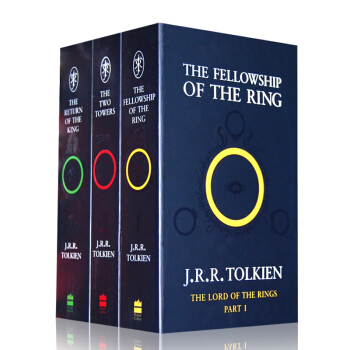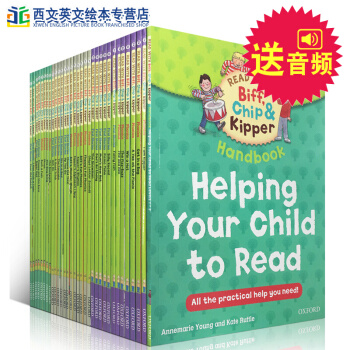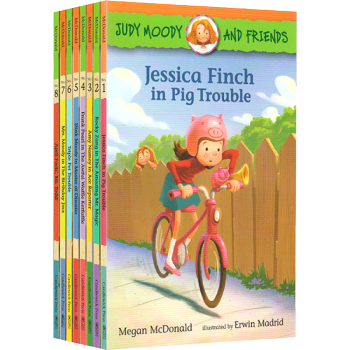![What to Listen For in Music 如何欣赏音乐 [平装]](https://pic.windowsfront.com/19043366/rBEhWFJ6HY4IAAAAAADN7YoPOOUAAFFYQJUxz0AAM4F652.jpg)

具体描述
内容简介
Whether they listen to Mozart or Duke Ellington, Aaron Copland invites readers to ask two basic questions: Are they hearing everything that is going on? Are they really being sensitive to it? With his provocative suggestions, Aaron Copland guides readers through a deeper appreciation of the most rewarding of all art forms.作者简介
Aaron Copland’s well-known and highly regarded compositions, performed and recorded extensively throughout the world, include the Pulitzer Prize–winning ballet Appalachian Spring, as well as Billy the Kid, Rodeo, Lincoln Portrait, and the film scores of Our Town and The Heiress. On being awarded a Congressional Gold Medal in 1986, Copland was praised for his “uniquely American music that reflects the very soul and experience of our people.” During his career, Copland taught composition at Harvard and the Berkshire Music Center, lectured all over the United States, and wrote Our New Music and Music and Imagination. He died in 1990.精彩书评
This is a reprint of the enormously popular 1957 edition of Copland's guide to music. There is no new text by Copland, only a new introduction by composer William Schuman, which is more an encomium to the "Dean of American Music." In large measure, the book owes its success to its simple, jargon-free language and engaging style. One wishes, though, that Copland might have added an assessment of the musical scene of the past 30 years. The bibliography has not been updated and is thus virtually useless, with the most recent entry 1955. Nonetheless, the book remains an excellent guide for the novice.--Larry Lipkis, Moravian Coll., Bethlehem, Pa.
目录
Aaron Copland: America's Musical VoiceForeword
Introduction
Author's Note for the 1957 Edition
Preface
Acknowledgments
1.Preliminaries
2.How We Listen
3. The Creative Process in Music
4.The Four Elements of Music-I. Rhythm
5.The Four Elements of Music-II. Melody
6.The Four Elements of Music-III. Harmony
7.The Four Elements of Music-IV. Tone Color
8.Musical Texture
9.Musical Structure
10.Fundamental Forms-I. Sectional Form
11.Fundamental Forms--II. Variation Form
12.Fundamental Forms--III. Fugal Form
13.Fundamental Forms--IV. Sonata Form
14.Fundamental Forms--V. Free Forms
15.Opera and Music Drama
16.Contemporary Music
17.Film Music
18.From Composer to Interpreter to Listener
Epilogue: "Since Then"
Appendix I
Appendix II
Appendix III
Suggested Bibliography for Further Reading
Index
前言/序言
用户评价
这本书的外观,尤其是那“如何欣赏音乐”的副标题,立刻勾起了我内心深处对音乐的渴望。我一直认为自己是一个热爱音乐的人,但深知这种“热爱”可能只是停留在表面的感性层面,而缺乏深度的理解。我常常在聆听时感到一种莫名的失落,总觉得自己错过了什么重要的东西,就像一个门外汉,看着一场精彩的表演,却无法体会到其中的精妙之处。这本书的出现,就像是为我这样的人量身定做的。我很好奇它会从哪些角度切入,是关于乐器的介绍?作曲家的生平?还是更深入的音乐理论?我希望它能教会我如何去分辨不同的乐器,如何理解音乐的节奏和和声,甚至是如何去捕捉作曲家在创作时所倾注的情感。我期待它能给我一套系统性的方法,让我能够摆脱那种“听着好听”的模糊评价,转而能够有理有据地欣赏音乐的美妙。它承诺的不仅仅是知识的传授,更是一种能力的培养,一种真正“听懂”音乐的能力。
评分这本《What to Listen For in Music 如何欣赏音乐 [平装]》给我一种沉甸甸的期待感。从名字上看,它似乎不仅仅是罗列一些音乐作品,而是要深入剖析“如何听”这件事本身。我一直觉得,欣赏音乐是一门需要学习的艺术,就像品酒一样,初尝者只能分辨出个大概,而真正的品鉴家则能品出其中的层次、风味和陈酿。这本书,我想就是一本音乐界的“品酒指南”。我迫不及待地想知道,作者会如何拆解音乐的构成,比如旋律的起伏、和声的色彩、节奏的律动,以及它们是如何共同作用,营造出不同的情绪和氛围。我希望它能帮助我培养一种“主动聆听”的习惯,而不是被动地让音乐流过耳朵。我渴望能够更清晰地辨别出音乐中的那些“亮点”,那些让一首曲子脱颖而出的关键元素。这不仅仅是关于音乐的知识,更是一种审美的提升,一种对声音世界的全新感知方式。
评分仅仅是看到这本书的名字,就让我心中泛起了一阵涟漪。我一直认为,音乐是一种超越语言的交流方式,但有时却感到自己无法完全接收到它所传达的信息。这本书的标题,“What to Listen For in Music”,精准地触及了我内心的痛点。它似乎在说,音乐不仅仅是旋律的堆砌,而是有着更深层次的结构和意义,而我,可能一直以来都“听”错了地方。我充满好奇地想知道,作者会以怎样的方式来引导我,是教会我分辨不同的音乐流派?还是解析复杂的乐曲结构?我希望它能帮助我理解,为何在某些时刻,一段简单的旋律能够触动心弦,而另一段复杂的乐章却让我感到困惑。它承诺的是一种“拨云见日”般的体验,让我能够从混沌的听觉感知,走向清晰而深刻的理解。这不仅仅是一次阅读,更像是一场心灵的洗礼,让我能够真正地与音乐进行一次有意义的对话。
评分这本《What to Listen For in Music 如何欣赏音乐 [平装]》的外包装,就散发着一种宁静而智慧的气息,让人一眼就心生好感。我一直对音乐有着一种复杂的情感,既享受它带来的愉悦,又常常为自己的浅薄而感到沮丧。我知道,音乐的魅力远不止于表面的动听,它的背后有着无数的匠心独运和情感的沉淀。这本书的标题,像是一位经验丰富的向导,指引着我走向那隐藏在音乐深处的宝藏。我迫切地想知道,它会如何帮助我打开那扇通往真正欣赏音乐的大门。是会从基础的乐理知识入手,还是会引导我领略不同风格音乐的独特之处?我更期待的是,它能教会我如何去“听”出音乐的情感,如何去理解那些隐藏在节奏、旋律和和声背后的故事。这本书,在我看来,不仅仅是一本关于音乐的书,更是一份关于如何丰富内心世界的礼物。
评分这本书就像是一扇通往音乐世界的神秘之门,还没真正翻开它,就已经能感受到里面蕴藏的无限可能。封面设计简洁而富有艺术感,那“What to Listen For in Music”的标题,本身就带着一种引人入胜的悬念,仿佛在低语着:“别只听个响,这里有更深邃的秘密等你发掘。” 平装的质感也恰到好处,既显得亲切,又不失庄重,让人忍不住想捧在手里,细细品味。我迫不及待地想知道,这本书会如何引导我去重新认识那些熟悉的旋律,又会如何揭示那些隐藏在音符背后的情感与结构。我曾多次在音乐中迷失,试图抓住那 fleeting 的旋律,却总感觉隔靴搔痒,而这本书,似乎承诺了要给我一把钥匙,去解锁音乐真正的奥秘。我期待它能解答我内心深处的疑问,关于为何有些曲子能让我潸然泪下,有些又能让我振奋不已,又有些只是匆匆而过,不留痕迹。它不仅仅是一本书,更像是一位睿智的向导,准备带我在音乐的海洋中进行一场前所未有的探索。
评分很小的一本书,可以随身携带
评分当你孤独寂寞时读书,它就像佳人乍到,给你送来了清新的问候和舒适的抚慰,
评分今天刚拿到,感觉挺值的
评分by the title of book
评分--Larry , Moravian Coll., Bethlehem, Pa.
评分相信你一定也能从书中懂得人生的真谛! 读书的感觉真好!朋友,多读书吧!
评分我一九一五年生于日托米尔,在乌克兰。那时还不这么叫,当时称为"小俄罗斯"。我父亲也生在那里,虽然他是德裔。他住在那里直到服役期。他后来去维也纳学钢琴和作曲,在那里交了不少出色的朋友,一些很出名的德国作曲家,例如弗朗茨.施莱柯尔。
评分後召還屯宛。孫權遣將陳邵據襄陽,詔仁討之。仁與徐晃攻破邵,遂入襄陽,使將軍高遷等徙漢南附化民於漢北,文帝遣使即拜仁大將軍。又詔仁移屯臨潁,遷大司馬,復督諸軍據烏江,還屯合淝。黃初四年薨,謚曰忠侯。魏書曰:仁時年五十六。傅子曰:曹大司馬之勇,賁、育弗加也。張遼其次焉。子泰嗣,官至鎮東將軍,假節,轉封寗陵侯。泰薨,子初嗣。又分封泰弟楷、範,皆為列侯,而牛金官至後將軍。仁弟純,英雄記曰:純字子和。年十四而喪父,與同產兄仁別居。承父業,富於財,僮僕人客以百數,純綱紀督御,不失其理,郷里咸以為能。好學問,敬愛學士,學士多歸焉,由是為遠近所稱。年十八,為黃門侍郎。二十,從太祖到襄邑募兵,遂常從征戰。初以議郎參司空軍事,督虎豹騎從圍南皮。袁譚出戰,士卒多死。太祖欲緩之,純曰:「今千里蹈敵,進不能克,退必喪威;且懸師深入,難以持乆。彼勝而驕,我敗而懼,以懼敵驕,必可克也。」太祖善其言,遂急攻之,譚敗。純麾下騎斬譚首。及北征三郡,純部騎獲單于蹹頓。以前後功封高陵亭侯,邑三百戶。從征荊州,追劉備於長坂,獲其二女輜重,收其散卒。進降江陵,從還譙。建安十五年薨。文帝即位,追謚曰威侯。魏書曰:純所督虎豹騎,皆天下驍銳,或從百人將補之,太祖難其帥。純以選為督,撫循甚得人心。及卒,有司白選代,太祖曰:「純之比,何可復得!吾獨不中督邪?」遂不選。子演嗣,官至領軍將軍,正元中進封平樂郷侯。演薨,子亮嗣。
评分读书对于不同的人有不同的乐趣,对于从事体力劳动来说,读书一种休闲;对于从事脑力劳动的人来说,
相关图书
本站所有内容均为互联网搜索引擎提供的公开搜索信息,本站不存储任何数据与内容,任何内容与数据均与本站无关,如有需要请联系相关搜索引擎包括但不限于百度,google,bing,sogou 等,本站所有链接都为正版商品购买链接。
© 2026 windowsfront.com All Rights Reserved. 静流书站 版权所有

![Biscuit's Snowy Day[小饼干的小雪天] [平装] [2岁及以上] pdf epub mobi 电子书 下载](https://pic.windowsfront.com/19046795/558cc60dN701e3d3f.jpg)
![My Side of the Mountain 英文原版 [平装] [10岁及以上] pdf epub mobi 电子书 下载](https://pic.windowsfront.com/19139990/4149e675-2b69-48e5-b5df-9946ade1bcf3.jpg)
![Lonely Planet: Shanghai (Travel Guide)孤独星球旅行指南:上海 英文原版 [平装] pdf epub mobi 电子书 下载](https://pic.windowsfront.com/19280016/rBEQWVFbfIEIAAAAAAIBsP5bpxQAADWdwOBEtQAAgHI633.jpg)
![Gon, Volume 2 英文原版 [平装] pdf epub mobi 电子书 下载](https://pic.windowsfront.com/19397904/rBEhVFJUHN8IAAAAAACOTOm9zDQAAD6HgAb8qAAAI5k735.jpg)
![A Tale of Two Cities [精装] pdf epub mobi 电子书 下载](https://pic.windowsfront.com/19490028/547bca82Nd50afdbd.jpg)

![My Five Senses 英文原版 [平装] pdf epub mobi 电子书 下载](https://pic.windowsfront.com/19547964/5af94f9fN1749c964.jpg)
![Bubble Buddies Things That Go [平装] pdf epub mobi 电子书 下载](https://pic.windowsfront.com/19566993/5670d20eNface5c83.jpg)
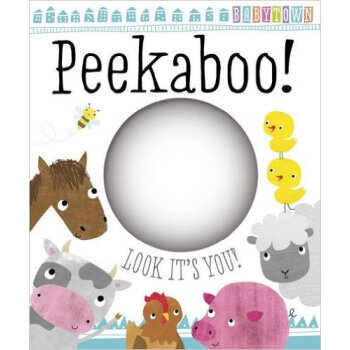
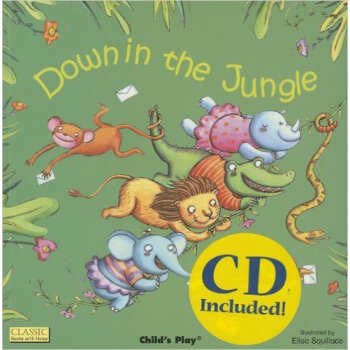
![Biscuit: 5-Minute Biscuit Stories饼干狗:5分钟故事集 [精装] pdf epub mobi 电子书 下载](https://pic.windowsfront.com/19768823/5af94fadNe8d4d6a9.jpg)
